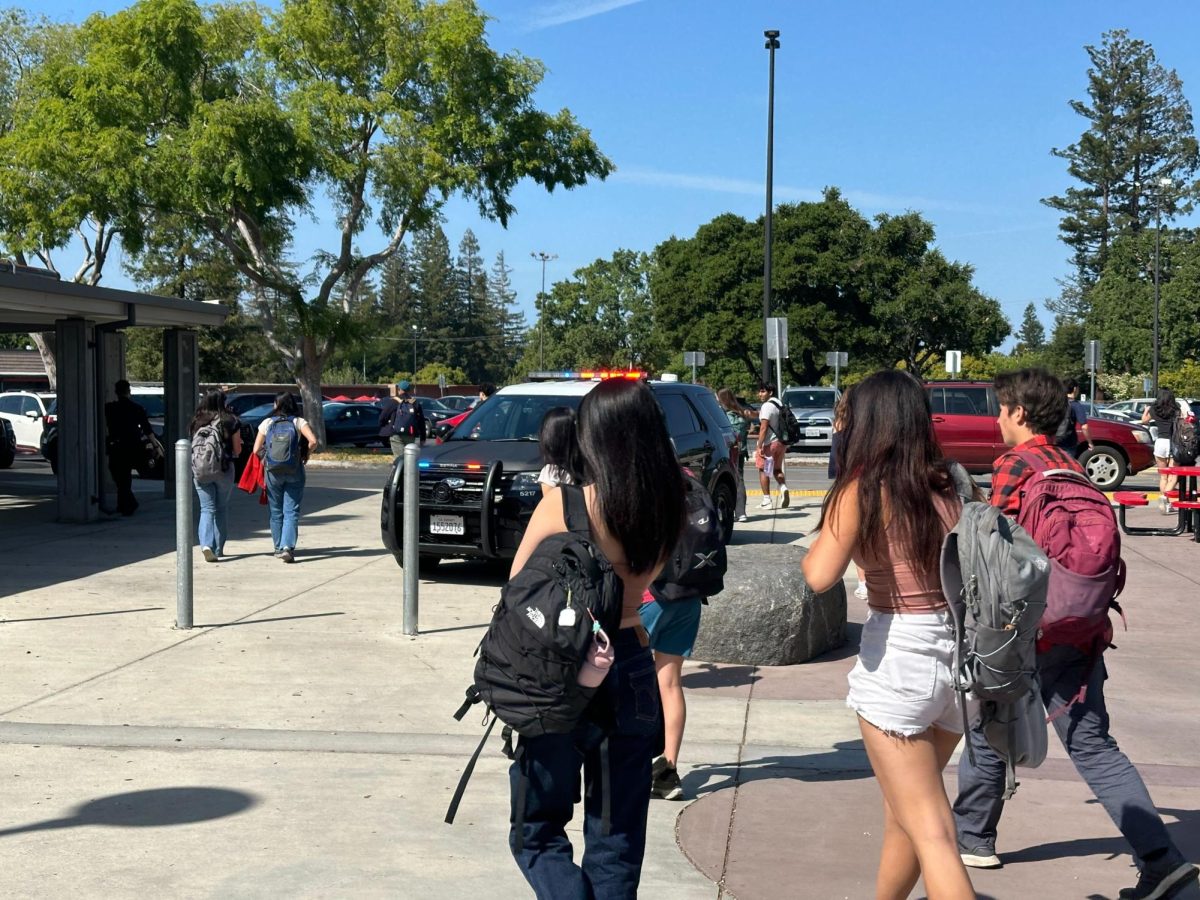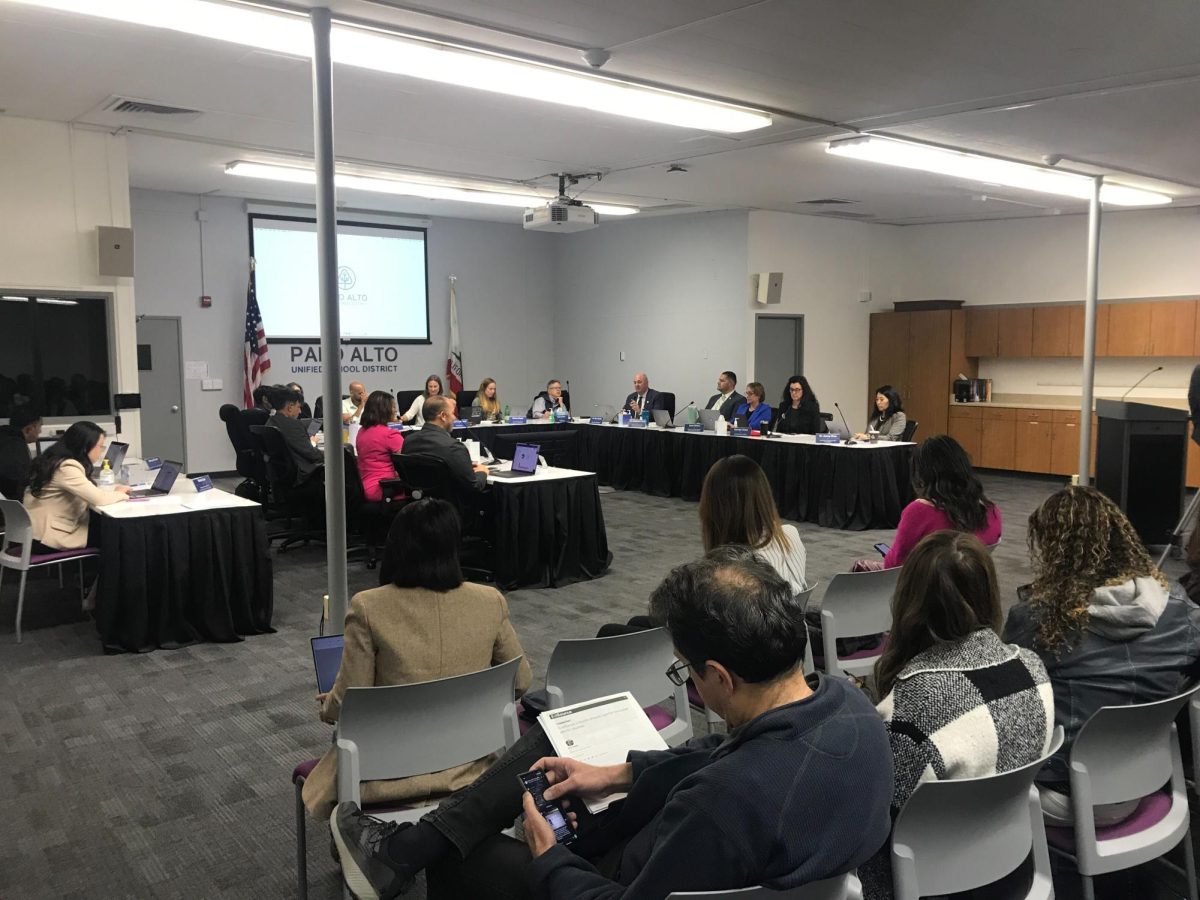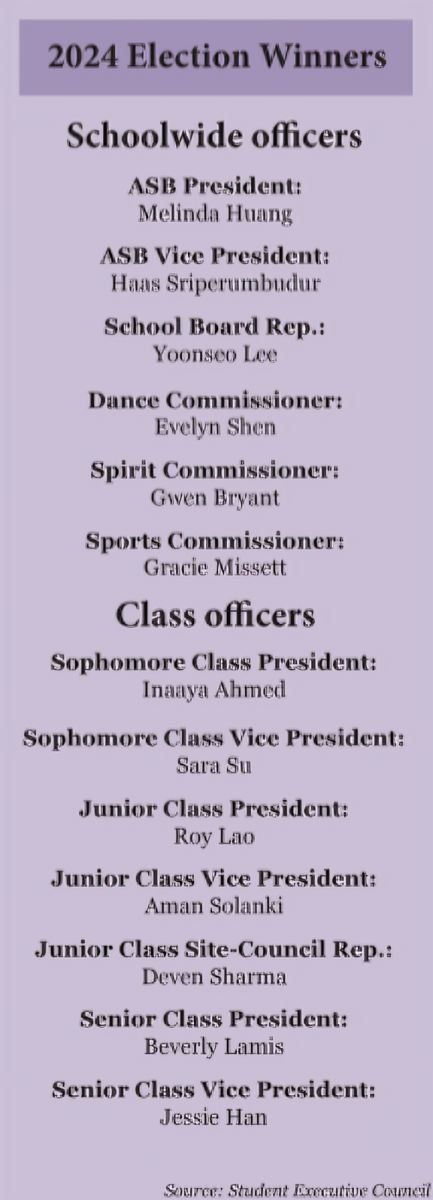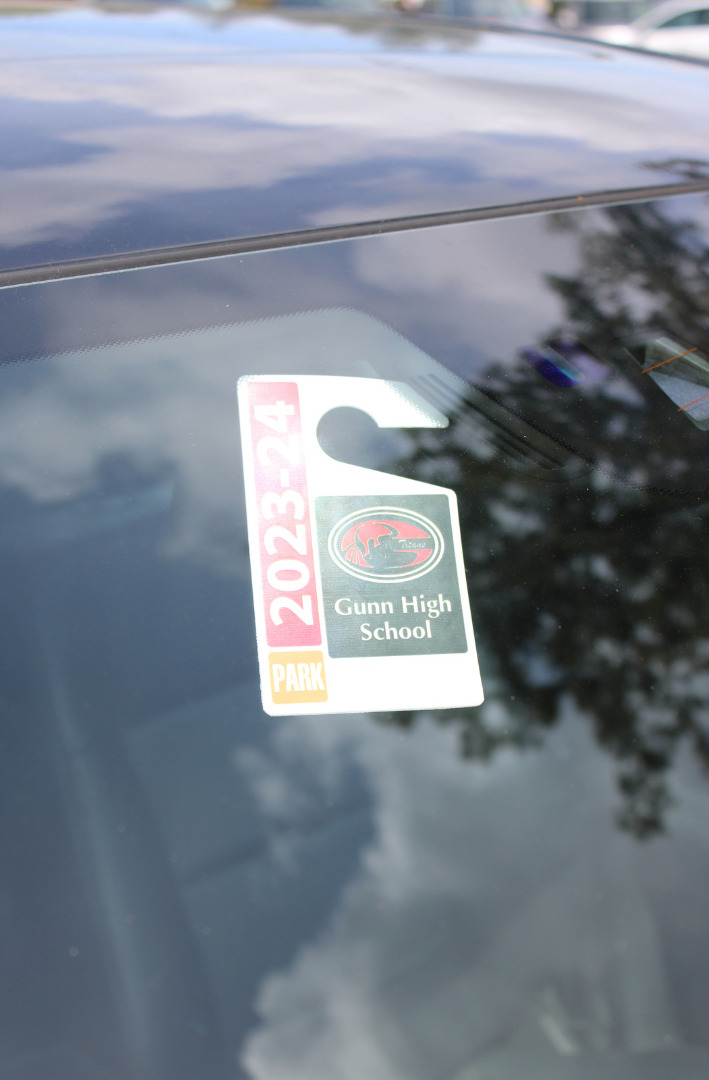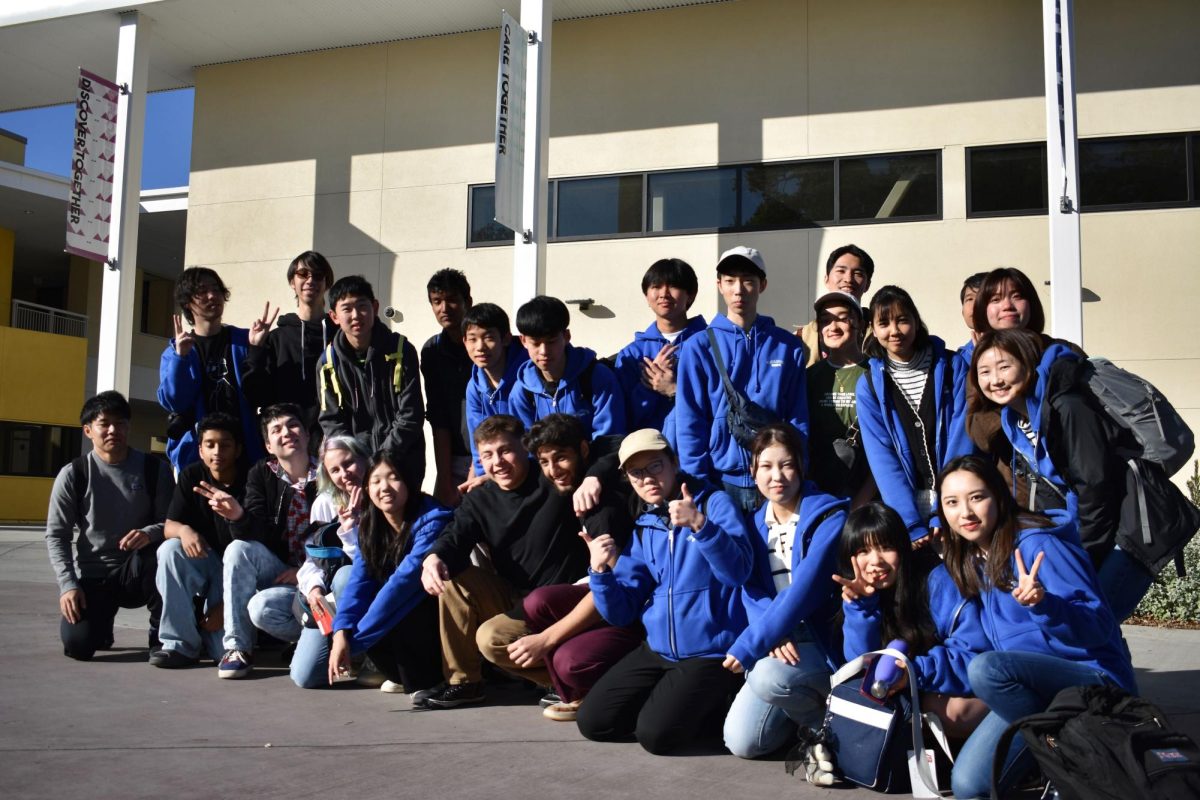Despite many recent changes on campus, such as the construction project and the bell schedule, Gunn’s disciplinary policy has remained relatively the same throughout the years. The policy on suspension and expulsion has seen virtually no change from 2013 to 2017. In addition to suspension and expulsion, the school enforces minor disciplinary action, such as meetings with counselors or administrators and calls home to parents.
The various protocols of the discipline system are enumerated in the Student Handbook. Most of Gunn’s disciplinary code is based off national and state education protocols According to the handbook, there are twenty seven behaviors, such as academic dishonesty, bringing a weapon to school and fighting that could lead to suspension.
The administrators that are responsible for student discipline, Assistant Principals Pier Angeli La Place and Tara Keith, note that the main purpose of discipline is not to punish students but rather to educate students about their decisions. “It is completely misguided that we send kids to the office for punishment,” La Place said. “In reality, it’s a form of education and learning.” According to the administrators, discipline is not something used arbitrarily. “We don’t go around waving the handbook and handing kids to discipline,” La Place said. “If you come to the office, it’s because you made a decision that impacts you or other people.”
Still, there are instances where the administrators have to proactively handle situations before they get worse, such as when a student is consistently cutting class or showing up late. “We take action by talking to a counselor,” Keith said. “We might also talk to the teacher, parents and students about this issue.” La Place emphasized that this is not pun- ishment in the traditional sense, but instead communica- tion that helps the student resolve their problem. “It’s like problem-solving and it has the student’s best interests,” La Place said.
Recently, several students caught with vape pens on campus have been punished in accordance to the handbook. An anonymous student source who was caught vaping thinks that the school followed the handbook policy correctly in their situation. “I was immediately suspended, and they did say that if I was caught again [with illicit substances], I would be expelled,” the source said. “I think one thing they should do is to not intimidate the students as much and try to help them,” they said. “I feel like they tried to intimidate me a lot and they made me feel really bad about what I did.” The student also emphasizes that the school administrators maintain a tight grip on the drug use situation on campus. “I think that people don’t realize there will be serious consequences for having drugs on campus,” the anonymous source said. “They think that they’ll never get caught. I thought I would never get caught, I was very discreet about it, but I still got caught.”
According to the attendance section of the 2016-17 handbook, ursday school is the most common method of disciplining students with an abundance of tardies: ve tardies or four cuts both lead to it. If a student continues being tardy or cutting class, the student is referred to a School Attendance Review Board. e handbook states that this board primarily deals with correcting school attendance, but it notes that the board will refer the student to the juvenile justice system if needed.
Although the latter consequence is not so common, the former, Thursday school, is more prevalent. Junior Koh Suzuki, who attended ursday school last year due to tardies, says that Thursday school is mostly a work period. “You go to the classroom,” Suzuki said. “You go there and sit there. e teachers take roll. You work on your homework most of the time.”
Despite the Gunn handbook’s explicit tardy policy, it is often hard for teachers to carry out the consequences that come with excessive tardi- ness. “I think the tardy policy is really difficult to enforce,” English teacher Ginny Moyer said. Moyer believes, however, that there is a simple solution to this issue. “I have often thought that
there should be some automatic fix in Infinite Campus, where it sends an automatic message to the students a er three tardies,” Moyer said. “I honestly think that it needs to be done at that level; I feel our human power isn’t enough to enforce [the tardy policy]. You could end up spending so much time doing that, and even though it’s important, that’s time that you’re not prepping the lesson or grading.”’
A less common punishment, the referral, is reserved for violations in student behavior such as inappropriate elec- tronic use or disruptive behavior in the classroom. Moyer has only given out one referral to a student throughout her 20 years of teaching. “I have given out a referral to a student, but it was a very long time ago,” Moyer said. “ e student had a bit of an outburst and overturned a stool,” Moyer said. However, Moyer was not exactly sure of what happened to the student once she issued the referral.
Special Education teacher Lynn Tabuchi gave a referral to a student this school year. Before the referral we conferenced with the student, and we tried to set up a plan and assist the student, who was warned many times and wasn’t able to follow those warnings,” Tabuchi said. Tabuchi was content with how the office and their new administrators handled the situation. “Yes, I was happy with the follow through and communication that the office gave us,” Tabuchi said. “ is was my first time giving a referral [at Gunn], so I didn’t really know what to expect, and they definitely gave us that feedback.”
However, not all teachers utilize the referral. A staff member, who wishes to remain anonymous, wasn’t sure that there was an option to give a referral. The teacher had an extremely disruptive student last year. “Students were transferring out just to get away from him.” Instead of contacting the admin via referral, the teacher directly talked to them in the office. e teacher was left unsatisfied with how last year’s administration handled the situation. “I know [the school administrators from the 2016-17 school year] called him in,” the staff member said. “I know they talked to him and suspended him a couple of times. Nothing really got accomplished in terms of helping me to straighten out what’s going on in the classroom. [The student’s] behavior did not change in any way,” the staff member said. The staff member wishes for the school to have a more structured protocol in regards to the consequences that are given to misbehaving students. “What I’d like to see is a more defined way to handle this situation,” the staff member said. “When the student doesn’t respond to whatever actions the administration takes, there needs to be more severe repercussions.”
Young has multiple reasons for his increased presence on campus. He believes that the school resource officers should interact with students more and build a trusting relationship with them. “Like other police officers, I have tools on my belt,” Young said. “But I also need to have a trusting relationship with students. ere has to be a working relationship.” is way, students are now more willing to talk to him as he is familiar instead of being a stranger. “If you never seen me or talked to me, you wouldn’t want to talk to me if something happens. But if we’ve spoken, we’ve seen each other and said hi, then if you have to talk to me, you would talk to me.” Young said. Another reason he gave is that his presence can avert potentially harmful situations. “My presence on campus is a deterrent: If somebody is intent on making a bad decision, they may not do it if I’m around” he said.


